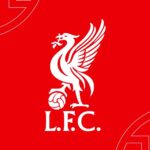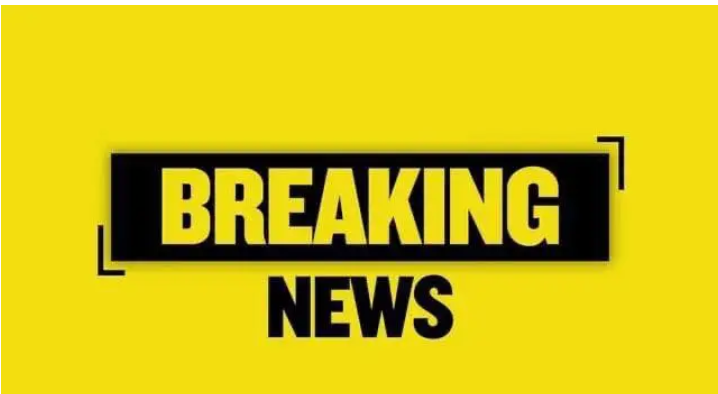Over the following fifteen years, FSG’s tenure has been characterised by a two-fold mission: first, to rescue Liverpool from financial and competitive decline; and second, to rebuild it into a global powerhouse both on and off the pitch. When the owners marked their 15-year anniversary, they acknowledged the journey has been successful — yet unfinished.
What this means in practical terms
Rescue & Stabilisation
When FSG arrived, Liverpool were under the previous owners Tom Hicks and George Gillett in a precarious state: heavy debt, fractured leadership, declining results. The takeover came at a purchase price of around £300 million.
Infrastructure & Long-term health
Beyond immediate sporting performance, FSG emphasised long-term health: modernising the stadium (expanding Anfield, redeveloping stand(s)), building advanced training facilities, upgrading the women’s setup, and investing in global commercial growth. This shift reflects moving from short-term fixes to sustainable club development.
Sporting Success
Under FSG, Liverpool gradually returned to the top: they clinched the Premier League in 2020 (their first top-flight English title in 30 years) and again in 2025, and captured the Champions League in 2019 among other trophies. These achievements illustrate that the foundational work of rebuilding indeed paid off.
The “not done yet” mindset
Even while celebrating these accomplishments, FSG’s message emphasises humility and ambition. Their anniversary statement affirmed: “Thank you … for telling us when we’ve fallen short … Our work isn’t done.” They recognise there have been mis-steps — for example around stadium tickets, fan protests, and the aborted European Super League involvement. The club under their watch still sees room to grow: more trophies, deeper global reach, further infrastructure development, and ensuring fan-centric governance.
Why this matters
Context of ownership in the Premier League: With this takeover, Liverpool joined a broader narrative of global capital and investment entering English football. Their resurgence under FSG becomes a case-study among many clubs for how modern ownership models can work.
Club identity & fans: Managing the tension between being a global brand and retaining local identity has been central. FSG’s emphasis on thanking fans and acknowledging mistakes shows awareness of Liverpool’s unique culture.
Sustainability vs flash success: Instead of simply buying star players, FSG invested in the club’s foundations. This is often cited as a smart approach rather than chasing short-term gains.
Future trajectory: The “work isn’t done” line signals that ownership views Liverpool not as a completed project but as an evolving one. For supporters and analysts alike, this sets expectations for how the club will behave in the next decade: smarter transfers, global growth, possibly multi-club linkages, etc




